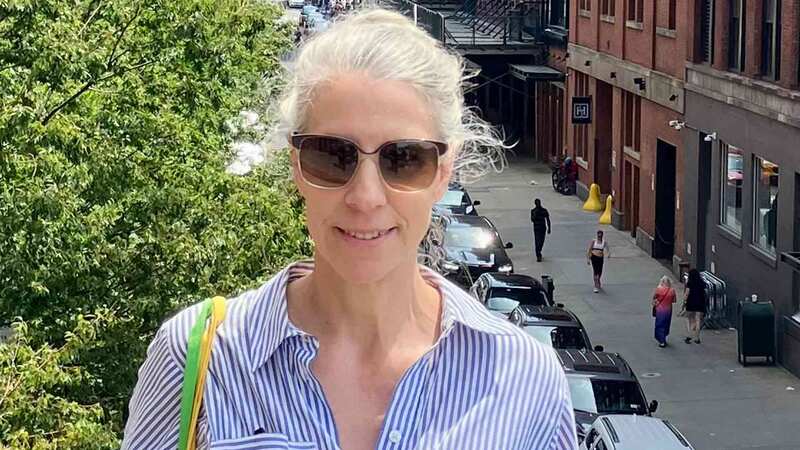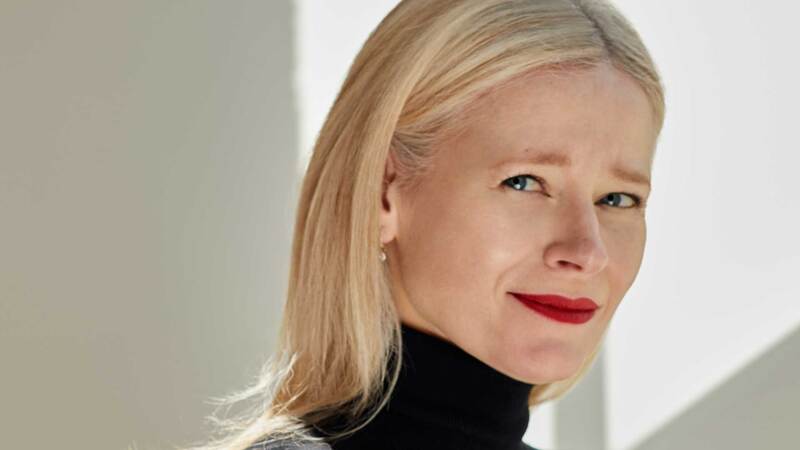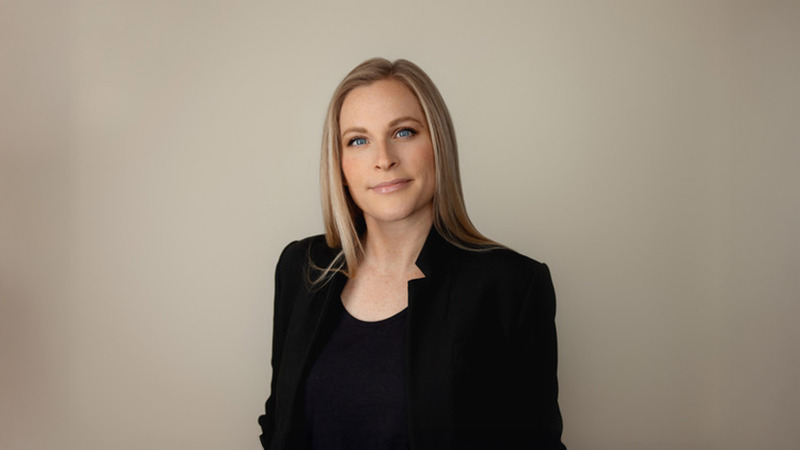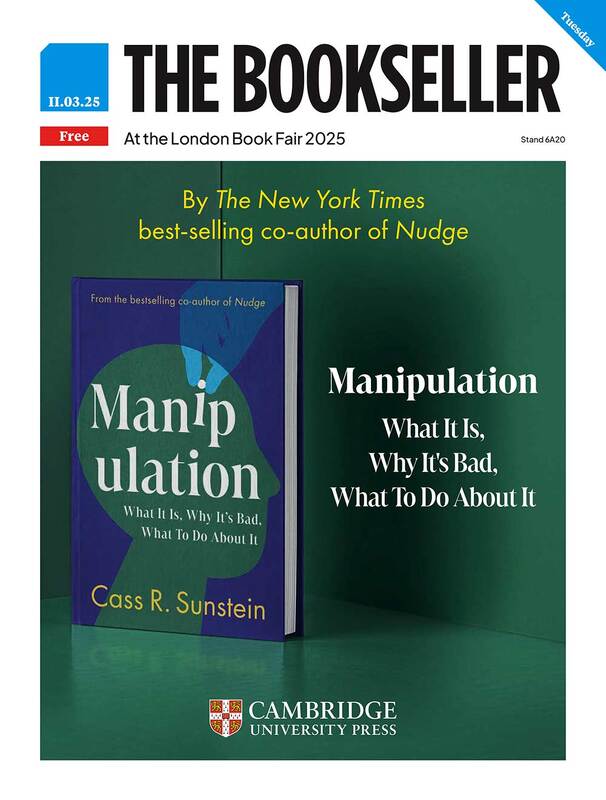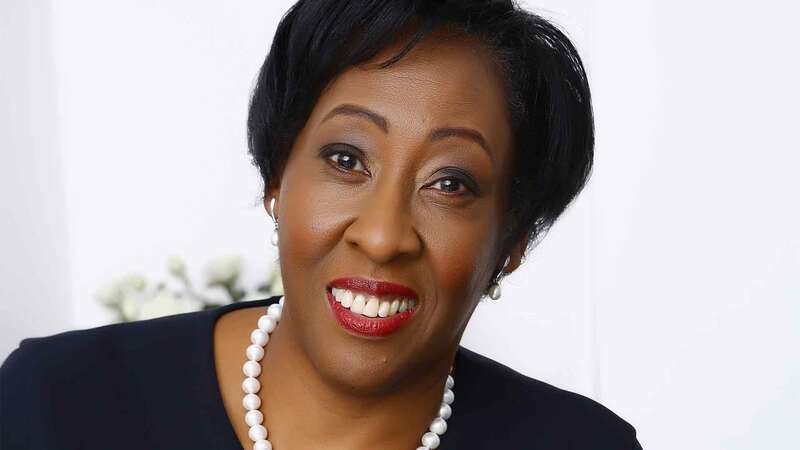You are viewing your 1 free article this month. Login to read more articles.
Firms look outside trade for senior appointments
An influx of talent from outside the book world is entering the trade at its highest levels, as it seeks to compete with rival entertainment media and exploit digital opportunities. Bonnier Publishing, Hachette, Penguin Random House, HarperCollins and Blackwell’s are among the companies to have recently hired candidates from companies such as Time Warner, Sky and EMI Music, to help them “diversify and accelerate growth” in the face of competing media.
Presses are “upskilling” staff to accommodate technological advances and drive the change faster, said Abigail Barclay, search director at recruitment company Inspired Selection. After surveying 800 LinkedIn profiles and conducting in-depth interviews with senior personnel, Inspired Search, the executive search division of Inspired Selection, has produced a white paper called Making an Executive Appointment in Publishing: Hiring Industry Expertise or Fresh Perspectives. The study found that over the past 12 months, while most new senior appointments were internal promotions, of those that were not, 49% of senior appointments have come from outside the industry.
The new staff are mainly coming from rival entertainment companies and the professional services industry, Barclay said. “This suggests that the publishing industry is looking for knowledge from fields that are likely to compete for readers’ attention, such as TV and film, but also more operational expertise from other areas, such as management consultancies,” she added.
Talented staff are attracted to the trade because it is well-established, has big brands and “deep pockets”, as well as for the opportunity to wield their digital skills in an industry where their impact can be keenly felt.
Dave Killeen, product director at Elsevier - whose career includes stints at MailOnline, the BBC, Badoo and Bottica.com - said: “Joining for me was a no-brainer: start-ups are cool but [they] don’t have business models. They run out of funding and are run by people in their mid-20s. Compare that with the deep pockets of publishers and the maturity of those organisations.”
Albert Hogan, director of audience and digital development, audiences and audio at PRH UK, and formerly head of digital strategy at Universal Pictures, said he was drawn to the industry for the strength of its brands and the “passion” of its staff. “Where my skills have perhaps been most valuable is in relation to how publishing uses video content and mobile to create better experiences for audiences and better promote our authors and their books,” he said.
For Pearson, which has a digital transformation at the heart of its strategy, recruiting people from organisations whose primary focus is technology or business transformation is “attractive”, said Tom Steiner, communications director at the firm. “[They] bring new and diverse ideas to the table,” he said. “How people engage in learning or reading is significantly different to 10 years ago. As such, the skills and perspectives of those with experience in digital products, technology platforms and real-time customer service can make significant contributions. In saying that, we should not forget the invaluable insight that can come from a career in our industry, and that it is key to achieve the right balance in teams that can contribute to our future successes.”
Meanwhile, publishers such as PRH are hiring talent from a broader skillset to take advantage of trends such as the growth in audiobooks.
Val Garside, HR director at PRH UK, said: “From experts in audio and production, to metadata and licensing, we increasingly draw on a broad range of skillsets from outside the industry to help us connect our authors with wide audiences.”
Perhaps unsurprisingly, the message from newcomers to the trade is to further diversify in recruitment terms, look to rival entertainment media, and disrupt internal business models.
Hogan said: “We are competing against almost every category for people’s increasingly precious time, as well as their money. As an industry we need to spend more time observing how other industries approach this challenge, and work out what we can learn from them.”
Case studies
Albert Hogan, audience and digital development, audiences and audio at Penguin Random House UK. Formerly at: Universal Pictures, EMI Music, Walt Disney.
When I was approached about a role at Penguin Random House, the main draw was the opportunity to shape the future of some really iconic brands—most notably Penguin, Puffin and Ladybird. What convinced me that this was the right move, however, were the people I interacted with during the recruitment process. The sheer passion and excitement about the future of publishing was palpable at all points and at all levels. I was also reassured that I would be given scope to offer a fresh perspective on established ways of working, so being from a different industry was in fact a distinct advantage.
Where my skills have perhaps been most valuable is in relation to how publishing uses video content and mobile to create better experiences for audiences and to better promote our authors and their books. I’m also ruthless about doing the basics of online brilliantly. I’ve instilled some healthy obsession around search ranking, advertising performance, content optimisation and usability across all digital touchpoints, so that we can do the best job possible for our authors.
At PRH we are increasingly using entertainment category benchmarks as a health check on our performance, while also looking to diverse industries for inspiration and new approaches.
Louisa Livingstone, group insight and innovation development director at Hachette. Formerly at: EMI Music.
Having been fortunate enough to work in the music industry, I wouldn’t have wanted to work in another trade that I didn’t feel as passionately about. I think an understanding of how the music industry faced digitisation, changes to distribution models and the war for consumers’ attention were all helpful in bringing knowledge of the evolution of consumers. Bringing in experience of how the music industry reacted to those same changes was helpful when considering how to diversify current commercial models, through knowing how new services had impacted record labels—as with Spotify, for instance.
I think the book trade could commit to a more global outlook and look to disrupt some of their own traditional business models a little more instead of waiting for start-ups or tech companies to lead the way.
Michelle Tilley, group director of trends at Bonnier Publishing. Formerly at: L K Bennett, Space NK.
My experiences working with small, family-owned independent businesses really helped my understanding of the passions that surround achieving goals. I would see the direct effect poor sales had on livelihoods, so you would dig deep and put in the effort. In teams of four at the most, we worked very closely within an environment built on friendliness, trust and respect. This is the way I strive to work with my team now—we support and do our best for each other.
I was aware that the publishing industry as a whole can have an old-fashioned feel about it, but I do feel really excited that, particularly here at Bonnier Publishing, we’re breaking the mould and grasping the future rather than clinging to the past. Much like fashion is very forward-thinking, we really understand the importance of being one step ahead of the game.
Jen Callahan-Packer, director of brand strategy at HarperCollins. Formerly at: Sky, BBC, [ad agency] Mother.
I saw my move to HarperCollins as a fantastic opportunity to work in a different type of content business, rather than a move into publishing per se. I think publishers should look outside publishing for marketing and advertising inspiration. TV shares our need to create compelling consumer propositions for complex editorial offerings—including recently Netflix’s “House of Cards”, or Channel 4’s “We’re the Superhumans”.
TV companies continue to invest in strong broadcasting and channel brands alongside content franchises, as they act as curators and trusted guides in a world of unlimited choice. HarperCollins is heeding this within our own brand strategy. Smaller budgets [in publishing] mean that
we need to find more creative and imaginative ways to reach audiences. Having less compels us to innovate.
Dave Killeen, product director at Elsevier. Formerly at: Lagardère, MailOnline, Badoo, Bottica.com.
I left publishing in 2008 because I felt they didn’t understand the potential of digital, and I went into start-ups for eight or nine years—online dating, e-commerce for women’s fashion. Then Elsevier approached me and I realised it was an opportunity to complete unfinished business. What we are seeing now in publishing is such a level of digital maturity at the top.
I work with Mendeley as my core platform and I build up tooling that enables researchers to better collaborate and stay up to date in their field. Joining for me was a no-brainer: start-ups are cool but [they] don’t have business models. They run out of funding, and are run by people in their mid-20s. Compare that with the deep pockets of publishers and the maturity that you have in those organisations.
Simon Clarke, group supply chain director at Oxford University Press. Formerly at: Argos, B&Q, M&S, Mothercare, Homebase, Tesco.
When you look at the publishing supply chain, it has as many complexities as any of the industries I’ve worked in—seasonality, longevity, local and global titles, mass production and equally a production of one, via print on demand. So, from a supply chain perspective, it is an interesting industry to join. There is also the mission factor for OUP. My last business was private equity-backed, it was all about “show me the cash”. At OUP, you feel you have accomplished more when you go home at night, and when you visit [the operation in] India, you see the importance of education and our really great results.
I’ve worked across DIY and luxury goods. Your experience might show you how something else is done in another industry, and what you might be able to bring across.
Dean Drew, sales and marketing director at Blackwell’s. Formerly at: Peugeot.
Coming from the outside, you can see what an amazing industry this is. There are some fantastic brands in retail and publishing—and authors themselves. The print market is growing again and one can see the opportunity. But my perception was that the industry was a little bit slow to embrace omnichannel retailing, and with a negative approach to the inevitable change.
The culture at Blackwell’s is now really positive, and we are growing across all channels. We understand that customers will buy how they want to buy and the experience has to be exceptional even if it is different in the stores to how it is online. I am keen on local entrepreneurism and I believe partnerships are important. We want long-term publishing partners for joint activities, promotions and regular meetings.
Peter Filcek, category leader, Books, at Amazon. Formerly at: AmazonFresh.
When I first joined Amazon I remember pitching to prospective suppliers who would often ask 'isn’t Amazon mostly a book store?' and convincing them we were far more than that, but the reality is that books are an inherent part of Amazon’s DNA; it’s where we started and it’s still a hugely important part of our business, in whatever format someone might choose to read.
I think my last two roles give me a good starting point … I learnt how to support a big strategic programme at Amazon and saw first-hand how our traditional physical product areas were interacting with some of our newer digital services. [My role at AmazonFresh for the past seven years] taught me a lot about building exciting new services for customers, the value of really robust customer insight and analytics, and also the importance of implementing the right structure and mechanisms as a leader to help me stay connected to the details of the business performance. I see Books at Amazon as a very exciting step that combines many of those things: a chance to help lead a business that is operating at scale but where we still have opportunity to innovate and improve even further.
Overall I love the book trade so far but if I had to pick something, then item data quality is something I’d encourage all publishers to invest into – it’s the foundation to ensuring that we order effectively and maximise availability of titles, that readers can find titles when searching or browsing, that our recommendation widgets give accurate suggestions, that new releases launch on time with great pre-order volumes, and so much more.






